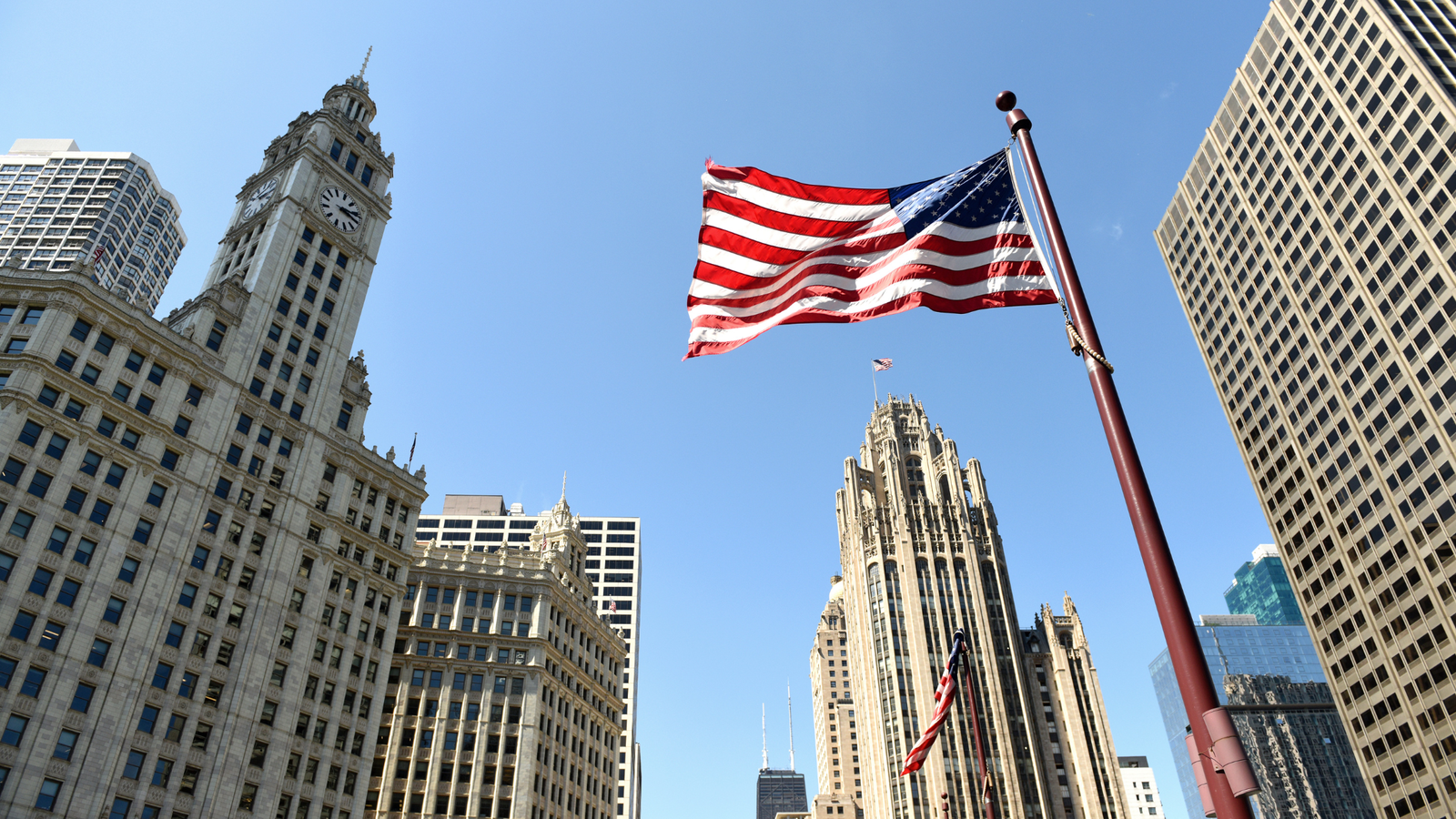Staff Reporter
The White House announced on Monday that President Trump’s proposed tariffs on Canada, Mexico, and China are “already working,” as numerous major companies make plans to enhance their manufacturing presence in the United States.
Firms in the automotive, technology, and apparel sectors are actively exploring ways to increase their US manufacturing capabilities to sidestep the potential 25% tariffs Trump has threatened against Canada and Mexico, which are currently on a 30-day hold, as well as a 20% tariff on China.
According to the White House, these discussions are “a direct result of President Trump’s commitment to prioritize the American worker and enhance American competitiveness.”
Several prominent auto manufacturers, including Honda, Hyundai Motor, Stellantis, Volkswagen, and Volvo Cars, are considering either opening new factories or ramping up production at existing sites to mitigate the impact of the tariffs.
Honda recently became one of the first companies to adjust its plans, opting to shift production of its new Civic model from Mexico to Indiana, as reported by Reuters last week.
In January, Hyundai announced its intention to expand US production to avoid tariff repercussions, stating it would manufacture hybrid vehicles at its new factory in Georgia.
Stellantis, the parent company of Chrysler, Dodge, Fiat, and Jeep, reversed its decision to close the Belvidere, Illinois plant in January after the tariff threats. The company has committed to producing a new midsize pickup truck at the facility.
Volkswagen is reportedly exploring new production sites in the United States for its Audi and Porsche brands in response to the tariffs, according to German news outlet Handelsblatt.
Last week, Volvo’s chief executive stated that the automaker might shift some of its manufacturing to the United States, depending on the tariffs imposed by President Trump.

Meanwhile, international electronics companies are also looking to ramp up their production efforts in the US.
Inventec, a Taiwanese firm specializing in artificial intelligence servers, has been exploring investment opportunities in the US, particularly in Texas, due to its proximity to Mexico and robust power infrastructure, according to President Jack Tsai in January.
LG Electronics is contemplating relocating its refrigerator production from Mexico to Tennessee, while Samsung is evaluating whether to move its dryer manufacturing from Mexico to South Carolina, as reported by Korean news outlets.
Luxury goods conglomerate LVMH, which owns brands like Louis Vuitton and Dior, is “seriously considering” expanding its production capacity in the United States, according to chief executive Bernard Arnault in January.

